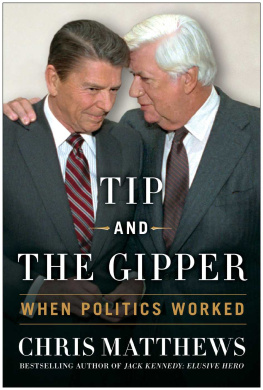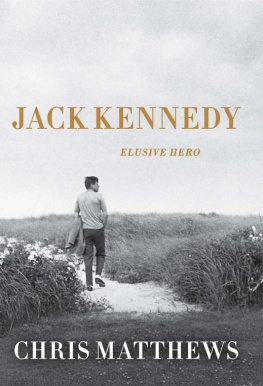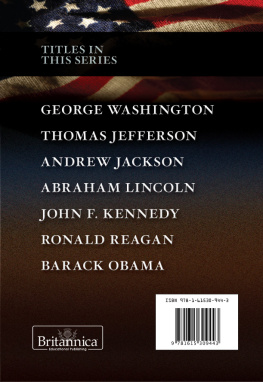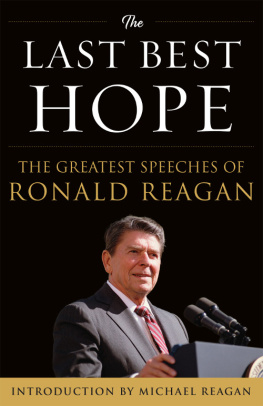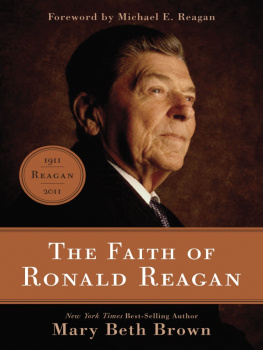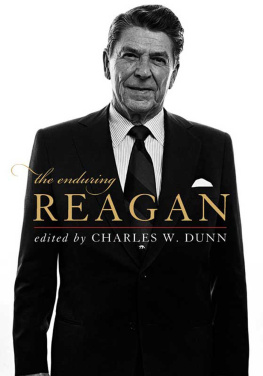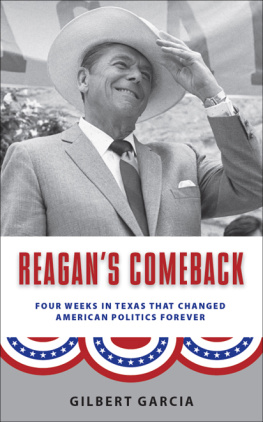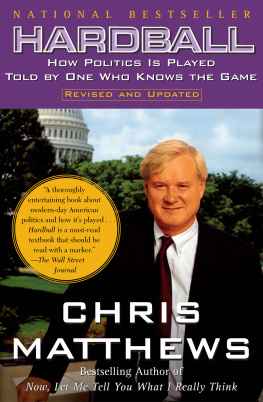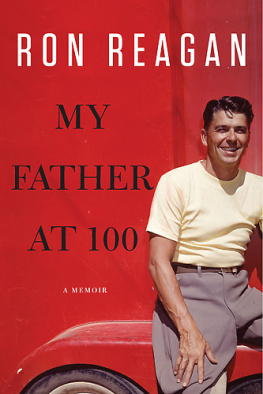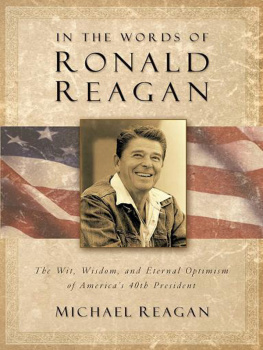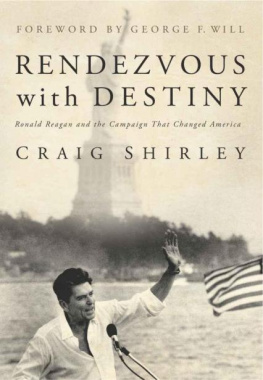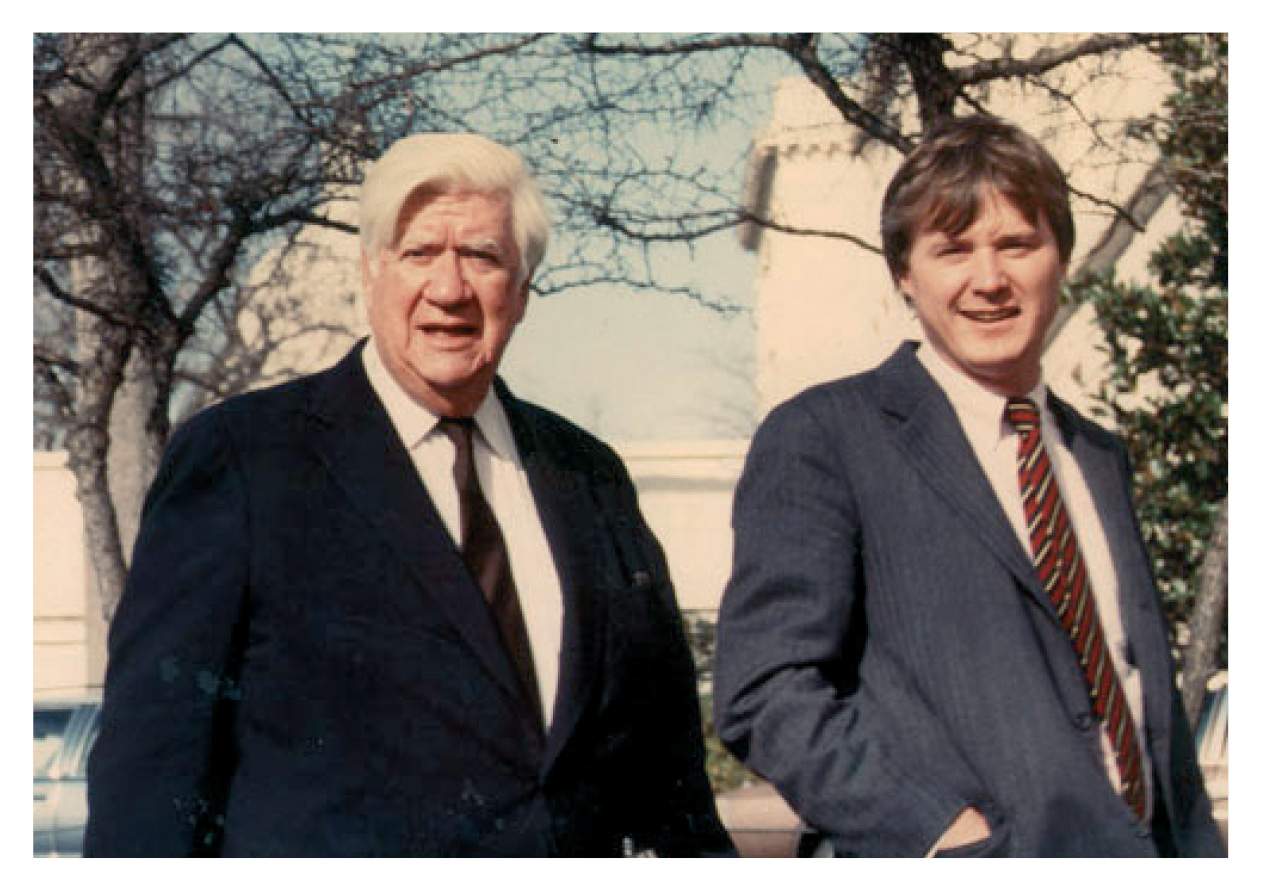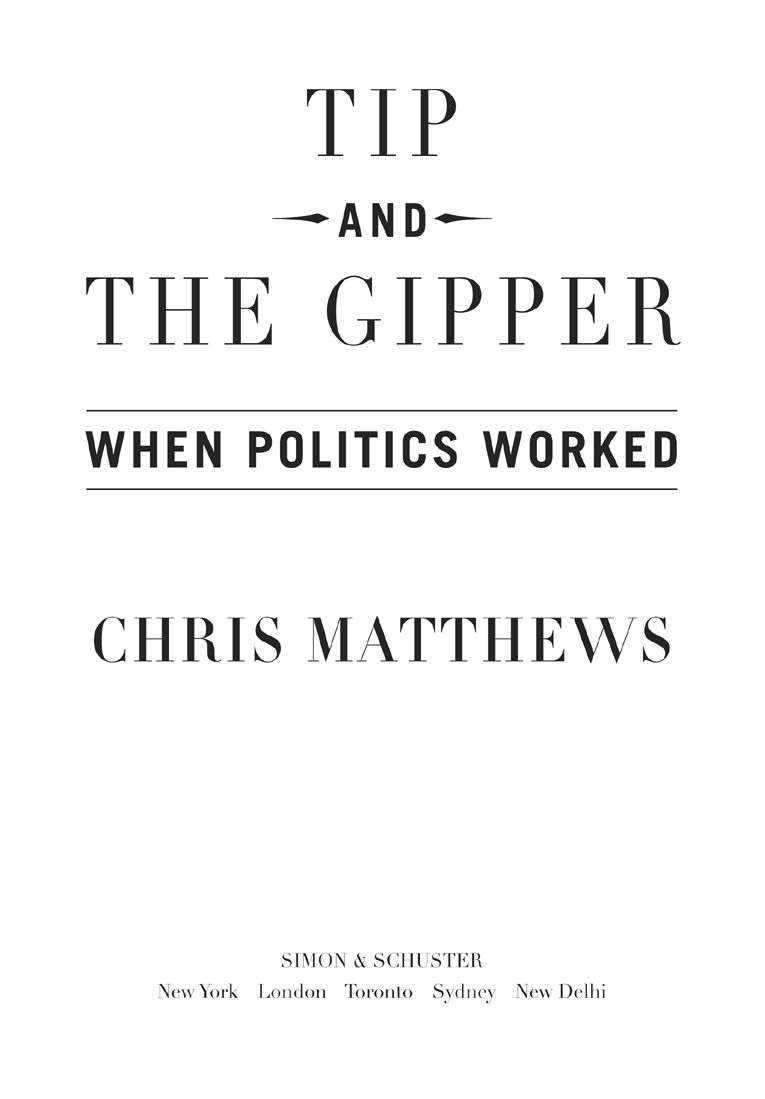Chris Matthews - Tip and the Gipper: When Politics Worked
Here you can read online Chris Matthews - Tip and the Gipper: When Politics Worked full text of the book (entire story) in english for free. Download pdf and epub, get meaning, cover and reviews about this ebook. year: 2013, publisher: Simon & Schuster, genre: Detective and thriller. Description of the work, (preface) as well as reviews are available. Best literature library LitArk.com created for fans of good reading and offers a wide selection of genres:
Romance novel
Science fiction
Adventure
Detective
Science
History
Home and family
Prose
Art
Politics
Computer
Non-fiction
Religion
Business
Children
Humor
Choose a favorite category and find really read worthwhile books. Enjoy immersion in the world of imagination, feel the emotions of the characters or learn something new for yourself, make an fascinating discovery.
- Book:Tip and the Gipper: When Politics Worked
- Author:
- Publisher:Simon & Schuster
- Genre:
- Year:2013
- Rating:3 / 5
- Favourites:Add to favourites
- Your mark:
Tip and the Gipper: When Politics Worked: summary, description and annotation
We offer to read an annotation, description, summary or preface (depends on what the author of the book "Tip and the Gipper: When Politics Worked" wrote himself). If you haven't found the necessary information about the book — write in the comments, we will try to find it.
When Ronald Reagan was elected to the presidency in a landslide victory over Jimmy Carter (for whom Matthews had worked as a speechwriter), Speaker ONeill realized Americans had voted for a change. For the first time in his career, ONeill also found himself thrust into the national spotlight as the highest-ranking leader of the Democratic Partythe most visible and respected challenger to President Reagans agenda of shrinking the government and lowering taxes.
At first, ONeill doubted his ability to compete on the public stage with the charming Hollywood actor, whose polished speeches played well on TV, a medium ONeill had never mastered. Over time, the burly Irishman learned how to fight the popular president on his key issues, relying on legislative craftiness, strong rhetoric, and even guerrilla theater. An old dog can learn new tricks, Tip told his staff. Of ONeill, one of his colleagues said, If Martians came into the House chamber, theyd know instantly who the leader was.
Meanwhile, President Reagan proved to be a much more effective and savvy leader than his rivals had ever expected, achieving major legislative victories on taxes and the federal budget. Reagan and his allies knew how to work the levers of power in Washington. After showing remarkable personal fortitude in the wake of the assassination attempt against him, Reagan never let his political differences with Democrats become personal. He was fond of the veteran Speakers motto that political battles ended at 6 p.m. So when he would phone ONeill, he would say, Hello, Tip, is it after six oclock?
Together, the two leaders fought over the major issues of the daywelfare, taxes, covert military operations, and Social Securitybut found their way to agreements that reformed taxes, saved Social Security, and achieved their common cause of bringing peace to Northern Ireland. ONeills quiet behind-the-scenes support helped Reagan forge his historic Cold Warending bond with Mikhail Gorbachev. They each won some and lost some, and through it all they maintained respect for each others positions and worked to advance the country rather than obstruct progress.
As Matthews notes, There is more than one sort of heroic behavior, and they dont all look the same. Tip and the Gipper is the story of the kind of heroism we need today.
Chris Matthews: author's other books
Who wrote Tip and the Gipper: When Politics Worked? Find out the surname, the name of the author of the book and a list of all author's works by series.

